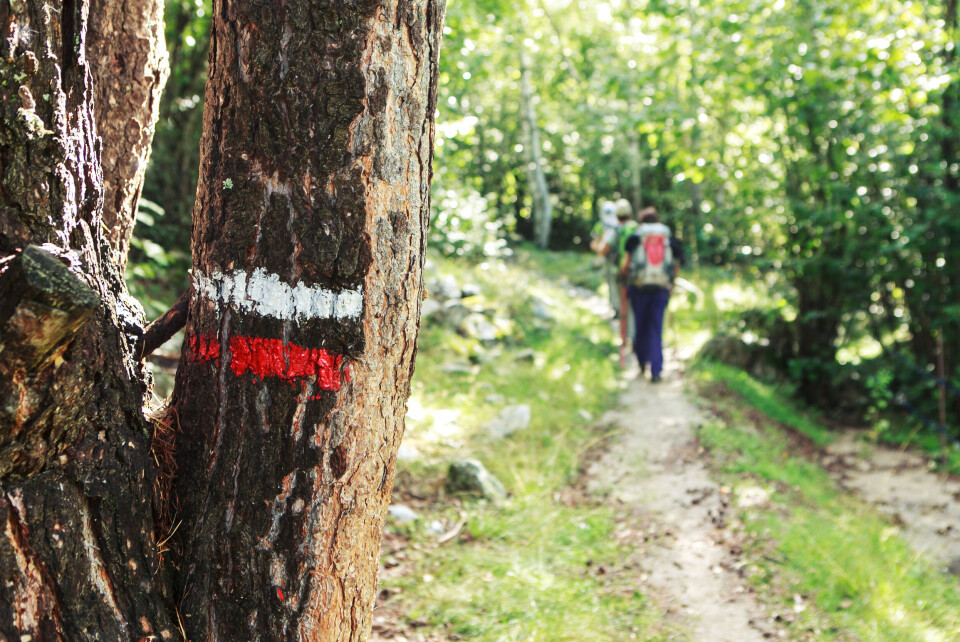-
Woman survives 30 metre fall off Dordogne cliff, rescued by two helicopters
‘Miracle’ survival after woman spent night trapped following the fall
-
83 bears live in the Pyrenees show latest data - should we be scared of them?
Critics say bears threaten livestock but proponents call for better co-existence and advise what to do if you come across one
-
Help clear France’s rural footpaths in national drive to preserve access
The often-neglected chemins ruraux are a key part of countryside heritage
New hiking trail follows historic transhumance routes of Provence
The latest Grande Randonnée path follows the footsteps of shepherds over the centuries as they moved sheep from winter to summer grazing

France has a new 540km Grande Randonnée hiking trail, the GR69.
It follows the route of the transhumance trails across Provence, traced through the ages by shepherds moving sheep from winter quarters in the lowlands to upland pastures in the summer.
Transhumance has left its mark
It starts at Crau in Bouches-du-Rhone and extends into the valley of Stura in Piedmont in Italy and has been given the name La Routo to emphasise its international nature.
“The idea is to highlight the practices linked to transhumance and more widely pastoral livestock rearing,” said FFRandonnée association, which runs France’s GR trails.
“From Provence to the Alps, transhumance has profoundly marked the territories, leaving us a considerable heritage.
“There are the physical buildings made up of shepherd huts, cabins, shelters and water troughs, the walls, drinking fountains and markers to show the paths, and the intangible culture of language, knowhow, and specially adapted animal breeds, for example.”
Hoped Unesco will recognise transhumance
An estimated 550,000 animals still travel up into the mountains each year, but almost all now travel in lorries, with only occasional folkloric demonstrations of flocks being driven through villages.
Volunteers along the route have been helping to mark out the hiking trail with the red and white GR markings.
One of the partners in the new trail was the Maison de la transhumance, based in the Camargue, where many of the shepherds and sheep making the longest treks start.
It has joined with Spain, Albania, Romania, Andorra, Luxembourg and Croatia to have the local heritages of transhumance added to the Unesco list of intangible culture, as has happened for Italy, Austria and Greece.
Related articles
French hunters and hikers unite to save rural footpaths for wildlife
Calls for French transhumance to be recognised as Unesco Heritage
Next generation of French hikers turns to outdoor micro-adventures
























